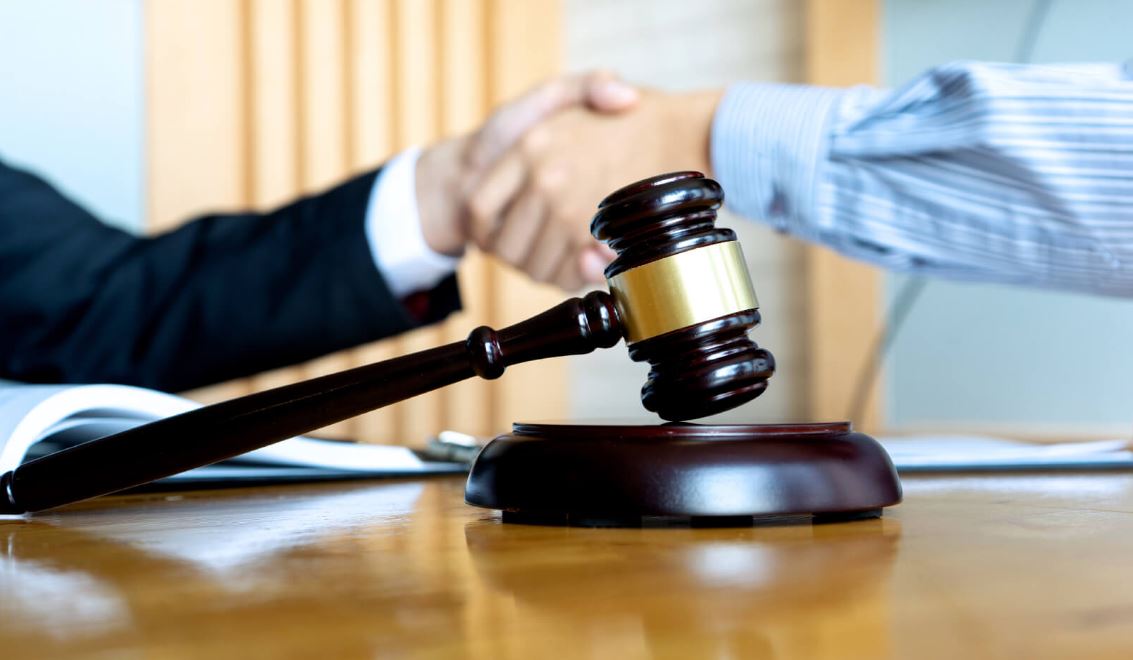Selecting a competent personal injury attorney is a pivotal decision that demands meticulous scrutiny of their qualifications and areas of expertise. It is imperative to assess the attorney’s educational credentials, years of practice, and their track record in handling similar cases. Additionally, their reputation within the legal community and their disciplinary history with the state bar are indicators of professionalism and reliability. An attorney’s affiliation with esteemed legal associations and their success in notable cases can further illuminate their capabilities. However, beyond these indicators, there lies a deeper layer of evaluation regarding their client engagement and case strategy formulation that one must consider to ensure optimal representation.
Assessing Attorney Credentials
To accurately assess a personal injury attorney’s credentials, one must meticulously evaluate their educational background, licensure, and professional achievements. A robust educational foundation, typically from an accredited law school, is paramount.
Equally critical is their standing with the state bar association, which ensures they are legally certified to practice.
Delve into their professional accolades—awards, recognitions, and memberships in esteemed legal associations speak volumes about their respect within the legal community. Such credentials not only affirm their expertise and ethical standards but also foster a sense of trust and belonging among clients who seek representation that aligns with their values and expectations.
Therefore, a thorough credential assessment is indispensable for selecting a competent and reliable personal injury attorney.
Understanding Case Handling Skills
Evaluating a personal injury attorney‘s case handling skills is crucial for determining their effectiveness in managing and resolving legal disputes. These skills include strategic planning, communication, and adaptability.
A proficient attorney should demonstrate a clear strategy tailored to your specific case, ensuring every decision moves toward a favorable outcome. Effective communication is essential, not only in presenting the case but in keeping you informed and involved in the process, fostering a sense of community and shared purpose.
Adaptability is also vital, as legal landscapes can shift unexpectedly. An attorney adept at navigating these changes while maintaining focus on your interests illustrates a commitment to securing the best possible resolution for you, reinforcing your trust in their professional capability.
Learn more:
What to Expect During an Initial Client Interview With a Personal Injury Attorney


